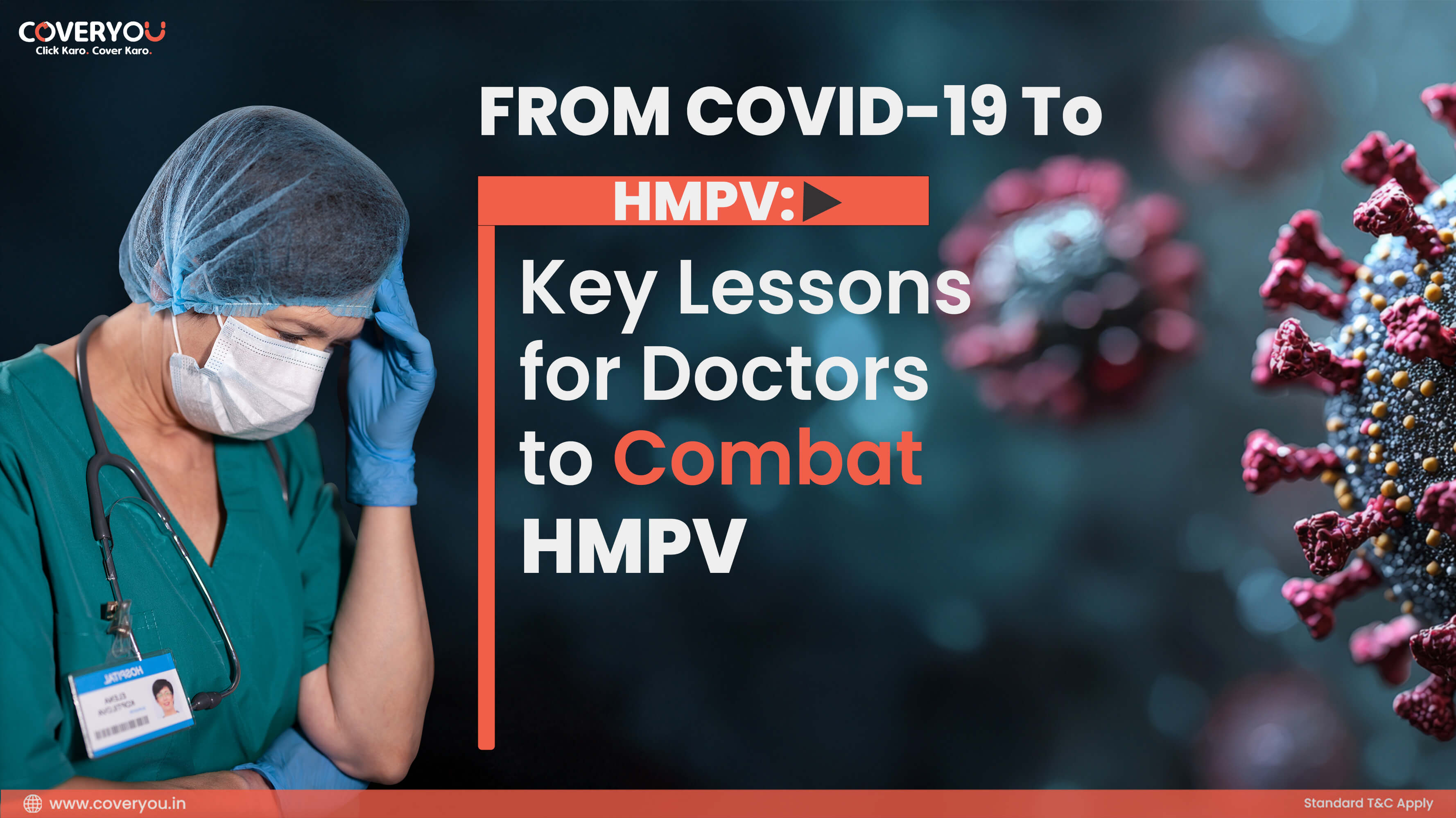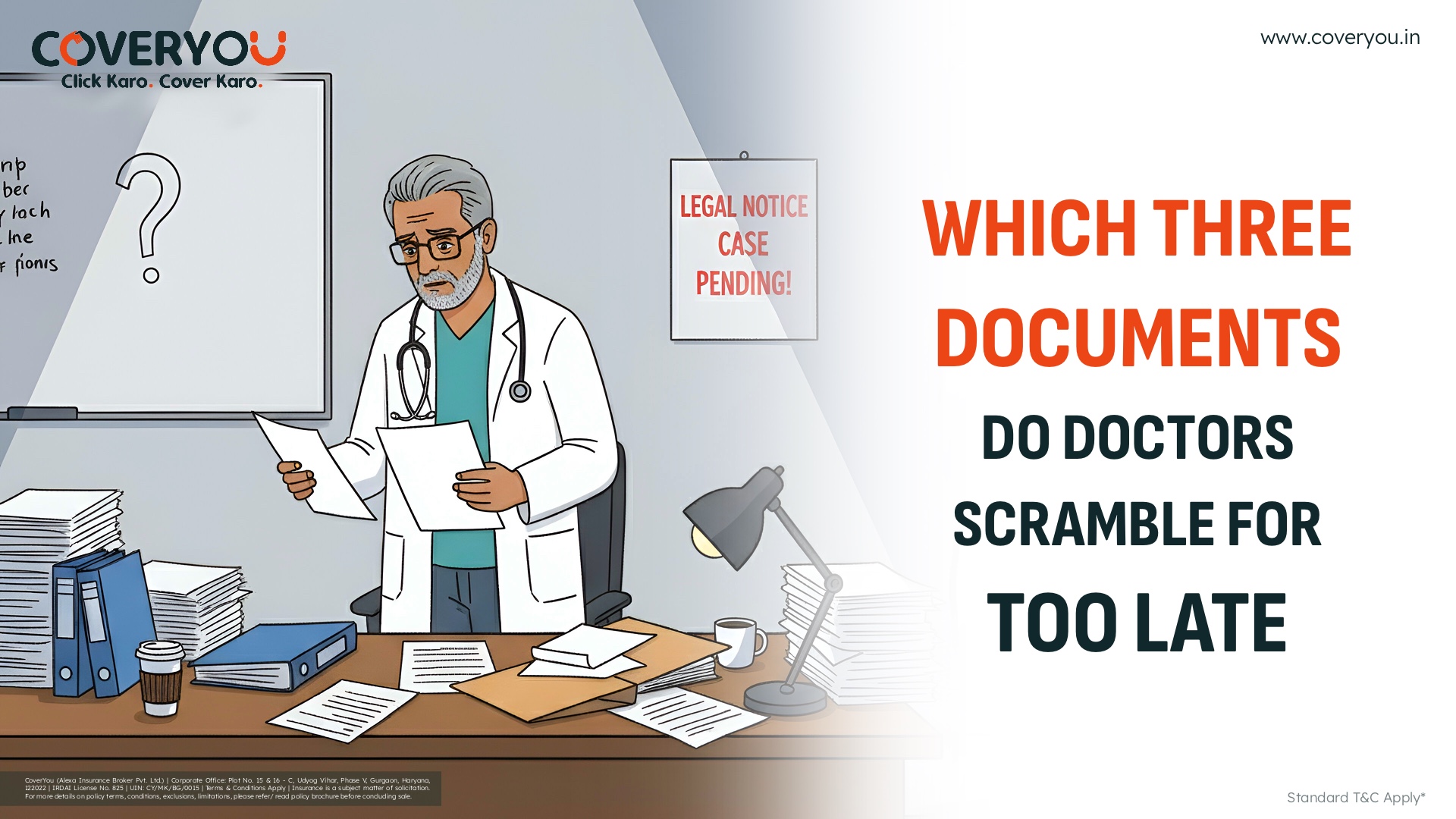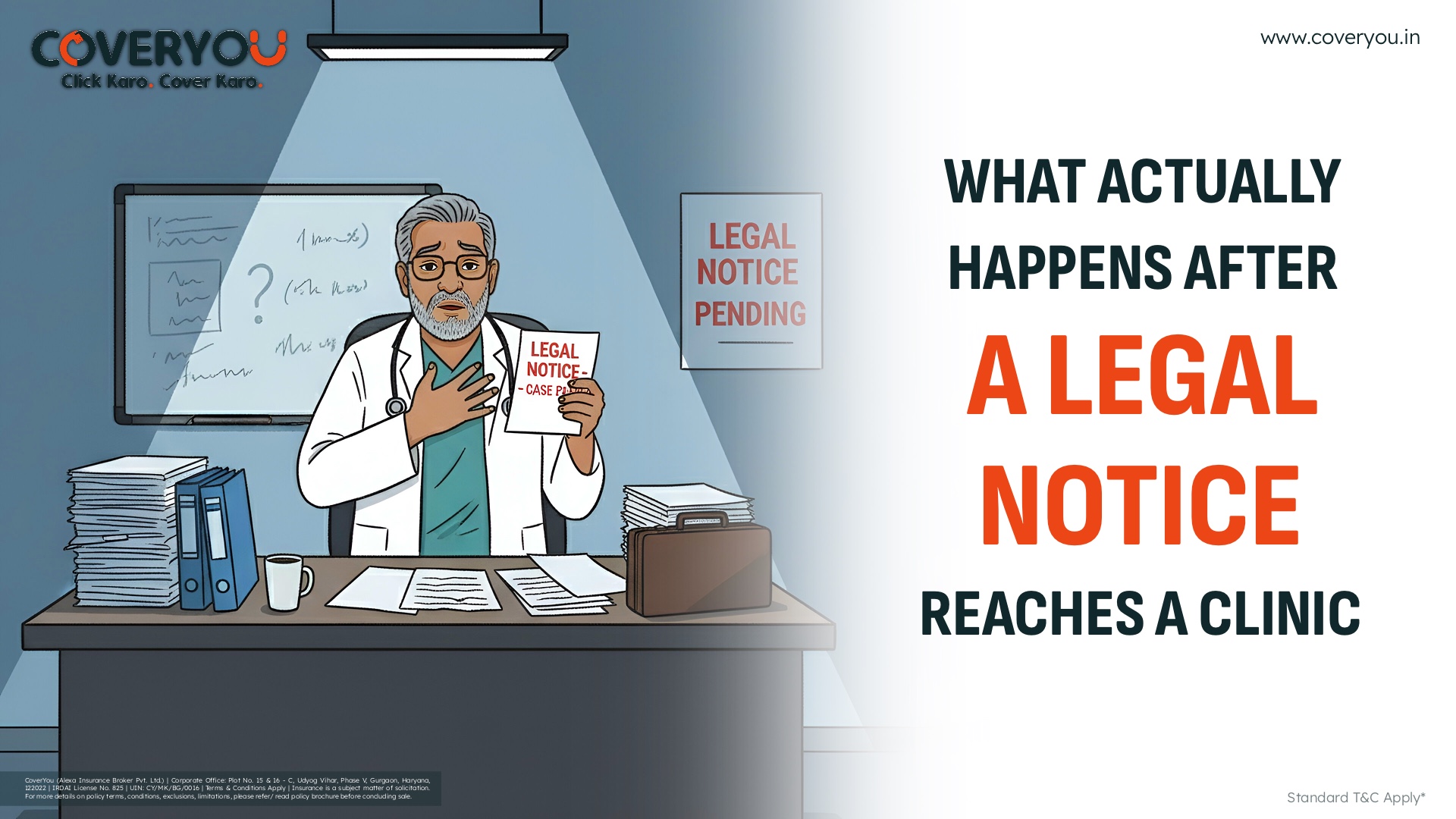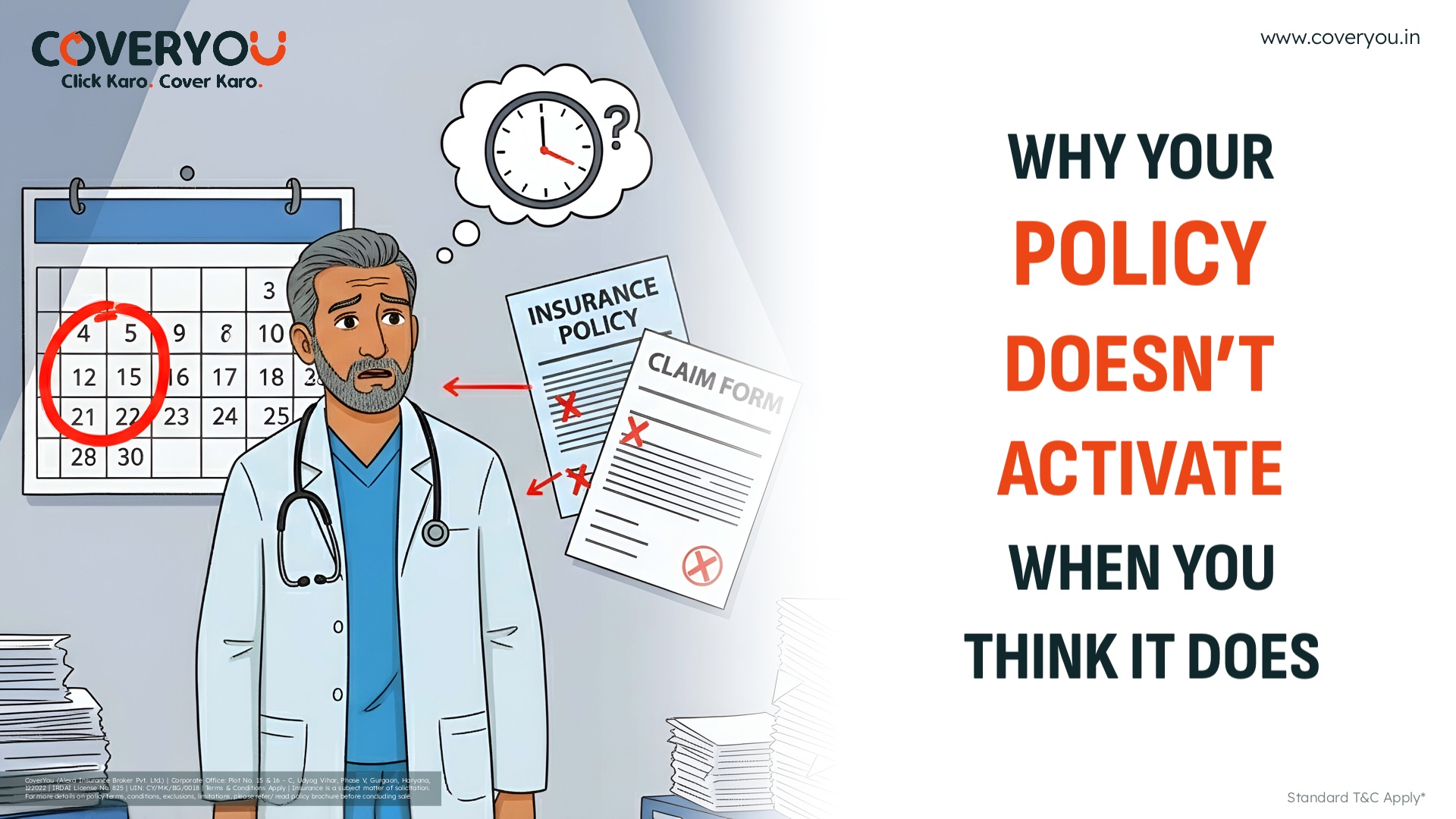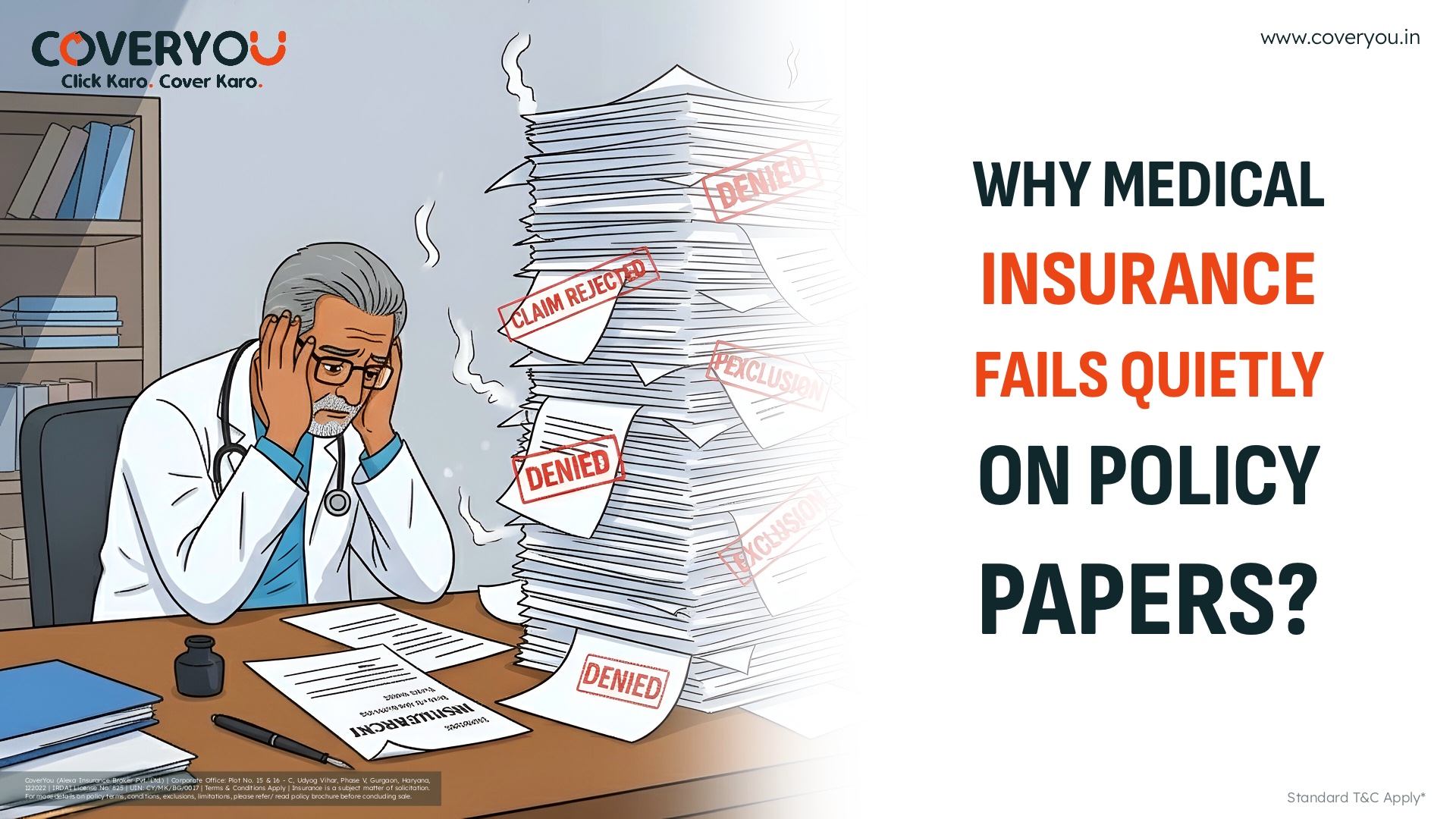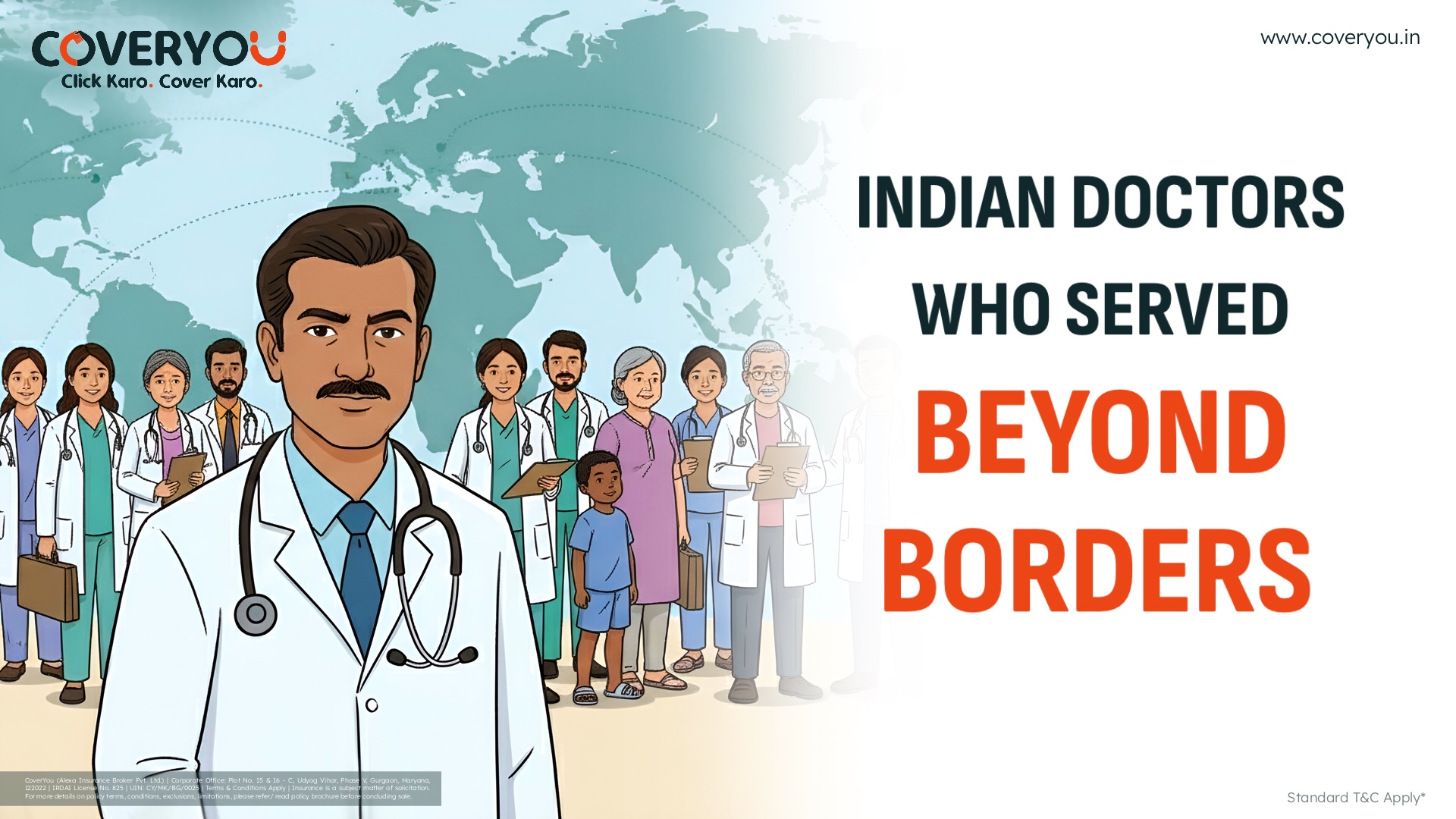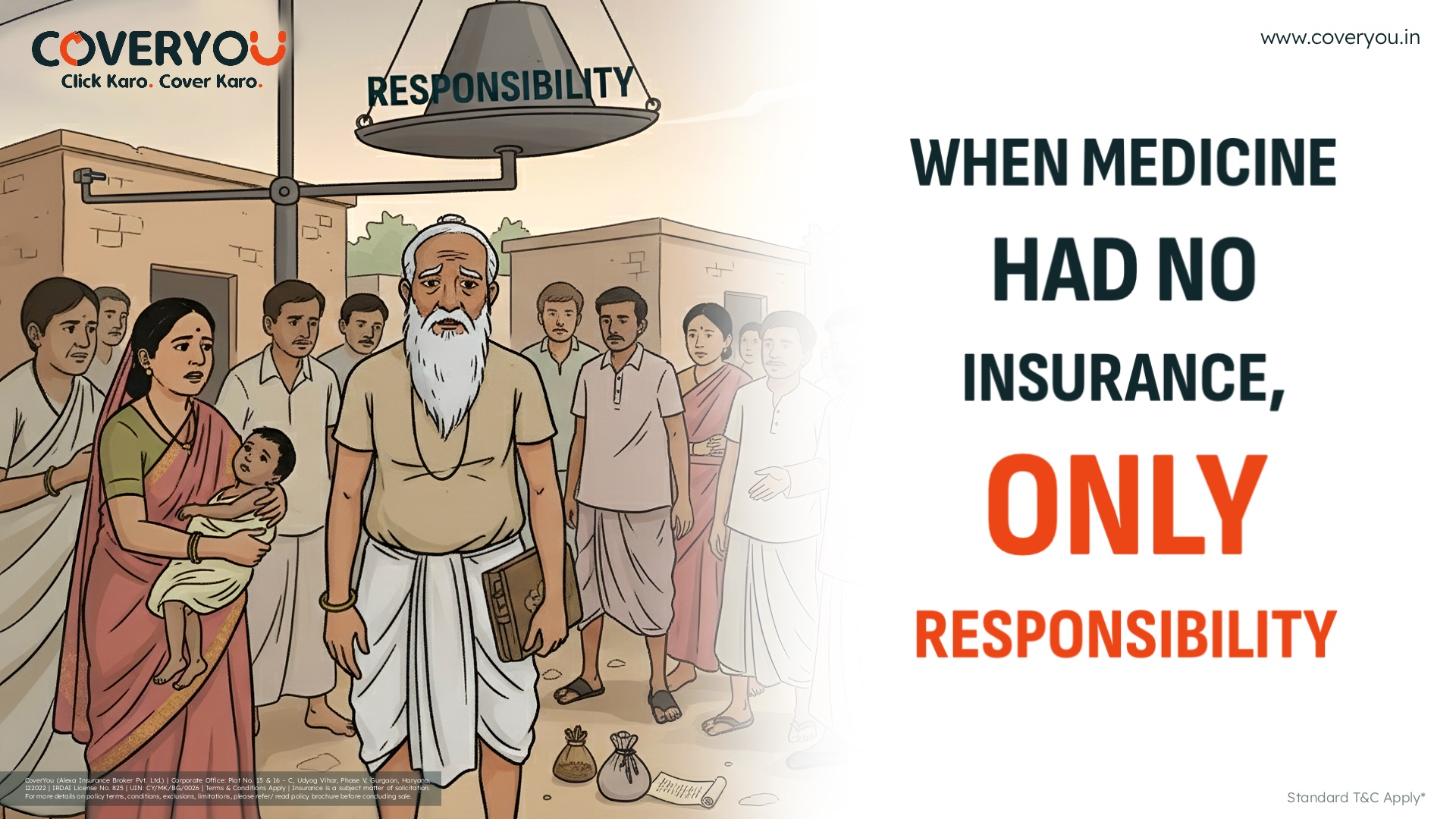The COVID-19 pandemic has forever changed the way healthcare professionals approach infectious diseases. It highlighted gaps in preparedness, the importance of protective measures, and the need for systemic flexibility. As new viruses like the Human Metapneumovirus (HMPV) emerge, it’s crucial for doctors to apply the lessons learned from COVID-19 to protect themselves and their patients.
What is Human Metapneumovirus (HMPV)?
HMPV is a respiratory virus that causes symptoms like fever, cough, and nasal congestion. In severe cases, it can lead to pneumonia or bronchitis, especially in vulnerable groups like children, the elderly, and healthcare workers.
Although HMPV has existed for decades, its potential to cause outbreaks similar to RSV or influenza has recently drawn attention. For doctors on the frontlines, understanding and mitigating the risks of HMPV is critical.
5 Key Lessons from COVID-19 for Doctors
- The Critical Role of Personal Protective Equipment (PPE):
COVID-19 demonstrated the life-saving impact of PPE. Consistent use of masks, gloves, and eye protection remains essential for protecting doctors from HMPV.
- Rigorous Hygiene Practices:
Regular handwashing and disinfecting surfaces were foundational during COVID-19. These habits are equally effective in reducing HMPV transmission in healthcare settings.
- Conduct practice through Telemedicine:
The pandemic popularized telemedicine, which allows doctors to treat patients remotely. This approach can help minimize direct exposure to HMPV.
- Mental Health support:
Burnout among doctors surged during the pandemic. Hospitals must offer mental health support and stress management programs to ensure healthcare workers remain physically and emotionally prepared for challenges like HMPV.
- Advocacy for Research and Vaccines:
The rapid development of COVID-19 vaccines showed the importance of prioritizing research. While no HMPV vaccine exists yet, advocating for its development is a preventive step the medical community can take.
Conclusion:
COVID-19 taught us that preparedness is non-negotiable. As HMPV poses new challenges, doctors must combine personal diligence with systemic solutions to ensure their safety. Whether it’s following strict hygiene practices, using telemedicine, or securing comprehensive insurance coverage, every step counts.
By learning from the past and preparing for the future, the medical community can tackle HMPV and other emerging threats more effectively.
